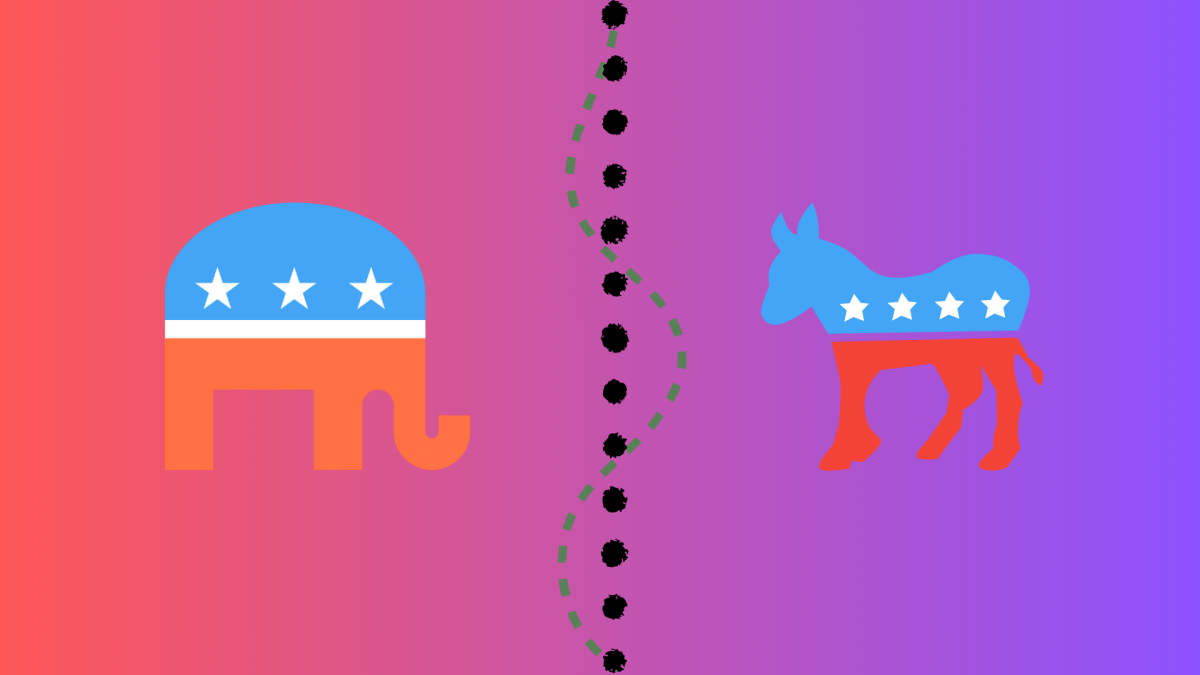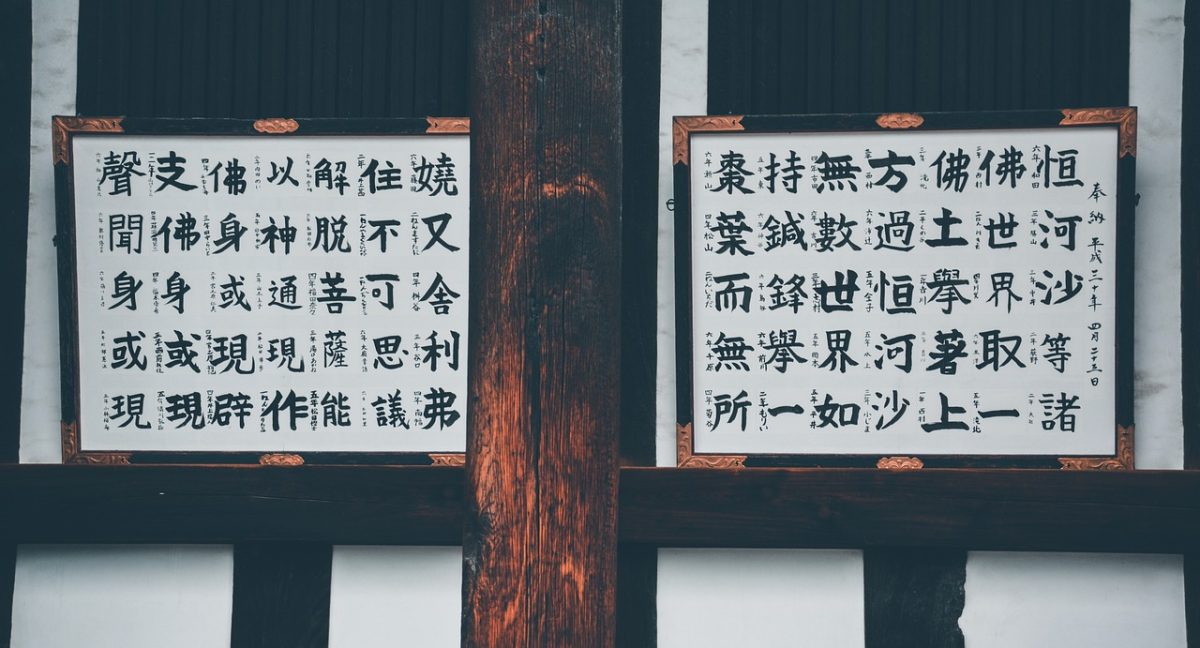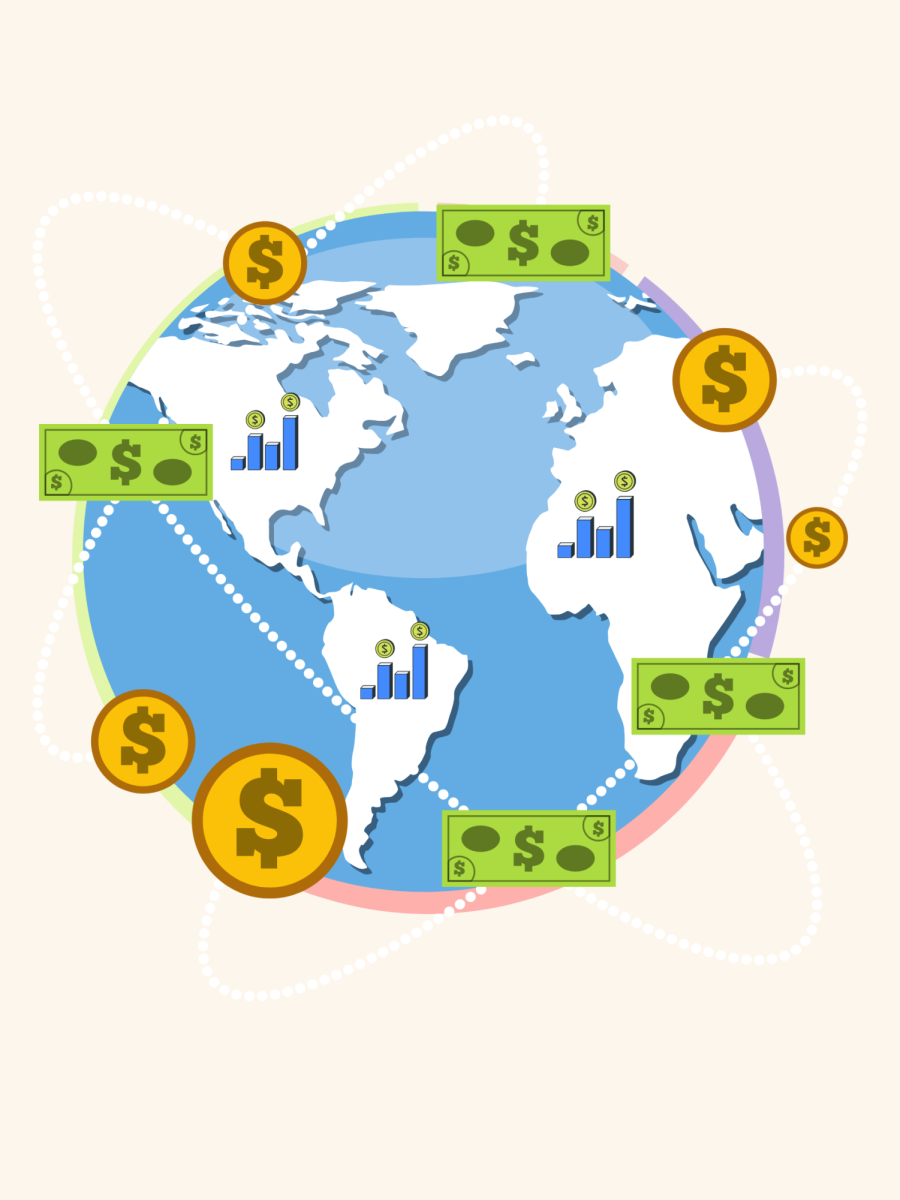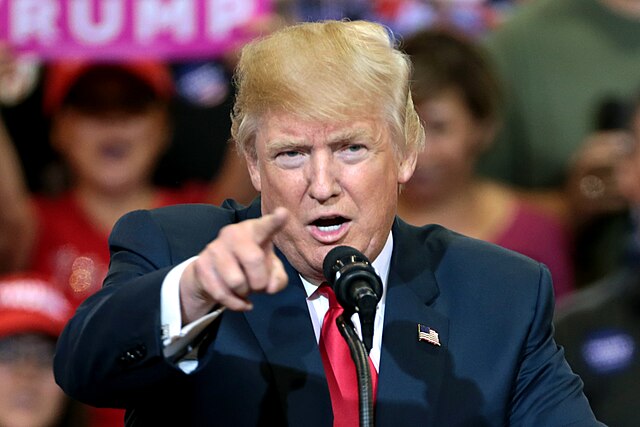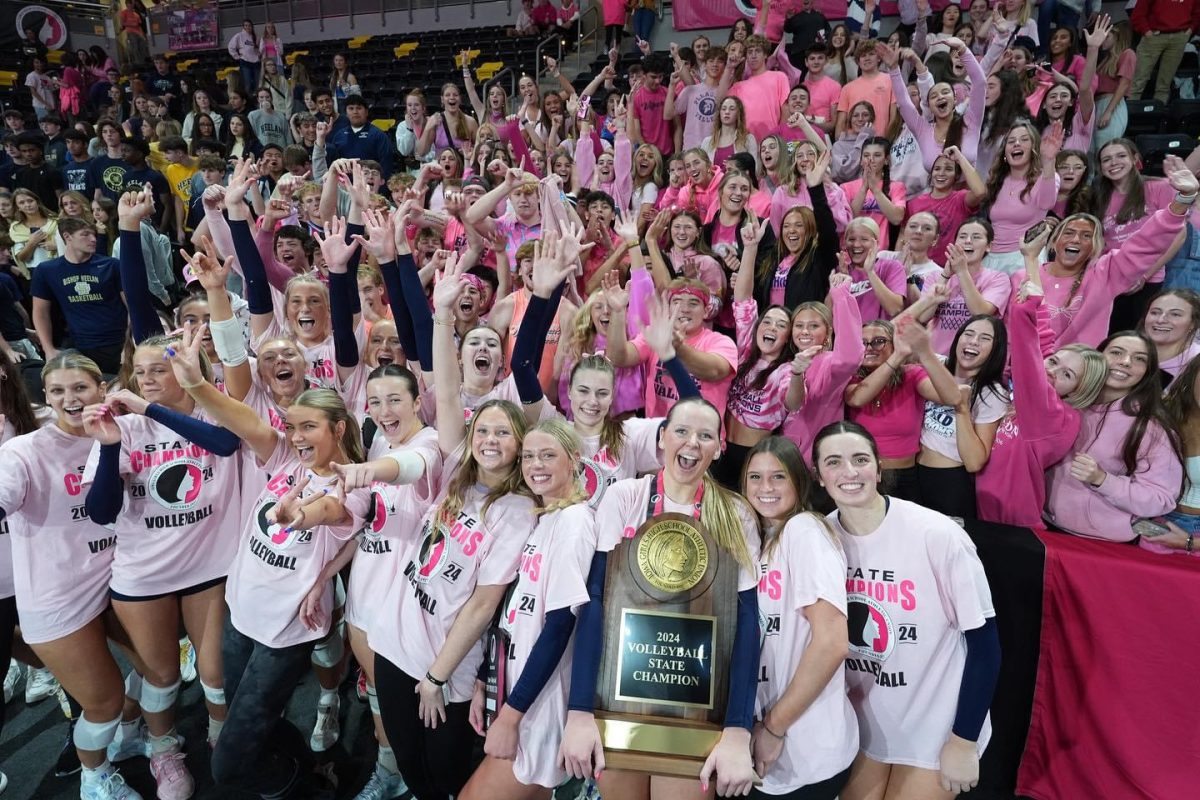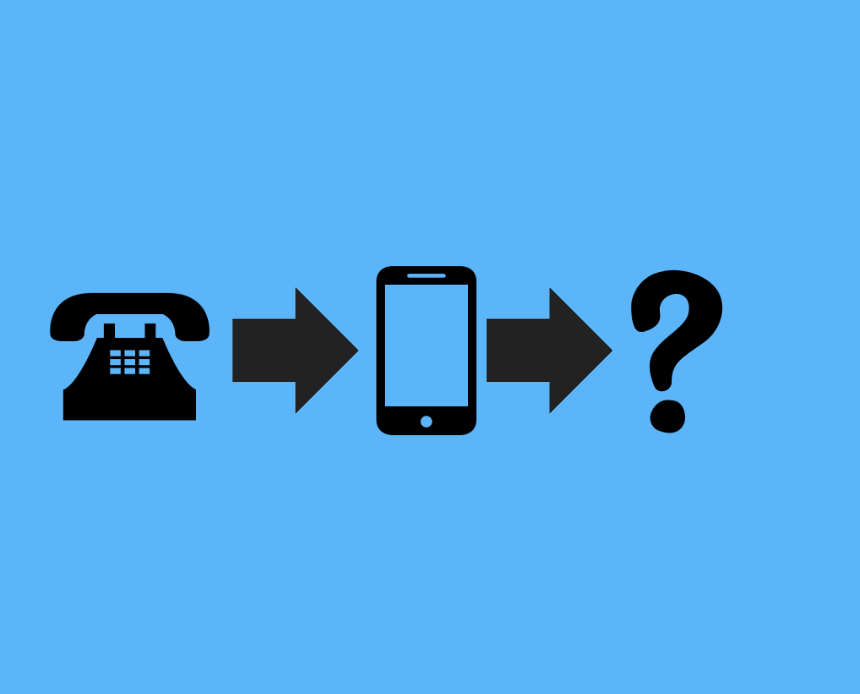In recent years, the United States has become a place with distinct dividing barriers between people and politicians of different political parties due to the publicly
Political polarization is defined as a state where the opinions, beliefs and interests of a group no longer range among a continuum but become concentrated at opposing extremes. Learning about an individual’s political standpoints can give people an insight into what beliefs that person holds. However, in more severe instances, the line drawn between Democrats and Republicans creates a considerable feeling of loathsomeness between the two “rival” sides.
The rivalry present between the two parties sparks violence and impertinence, which further provokes hateful speech and actions. For example, many Republicans have coined the name “sleepy Joe” for President Joe Biden. On the other hand, Trump has been named “the orange one” or “cheeto” by many people of the Democratic Party as well as those who don’t support him.
While these names allow people to voice their opinions, they exacerbate political polarization by ridiculing the politician rather than focusing on their policies. “Political polarization fractures society by creating mistrust and an ‘us versus them’ mindset, which stifles collaboration and progress,” sophomore Shuban Nanisetty stated.
There are exaggerated stereotypes related to both political parties. When someone thinks of a Democrat, they might think they’re entitled or are too emotional – a “wuss.” Common stereotypes for Republicans include being white men or commonly homophobic. Stereotypes like these further polarize the nation, as they generalize millions of American voters and drive focus away from policy and onto identity.
People get so caught up in trying to prove they are correct or voting for the right candidate that it just becomes outright hate. “Disagreements help us come to better solutions, the issue is when we start looking at disagreements as my side, your side, and I don’t agree with you, that is where that betterment of disagreement starts to fall apart,” student teacher Joe Burck stated.
At Pleasant Valley, two major clubs on “opposing” sides are Turning Point USA (right leaning) and Amnesty Club (left leaning). While not as extreme, these political imbalances still cause boundaries and separation in schools.
Turning Point USA was founded by right-wing political commentator Charlie Kirk. The clubs mission is to promote conservatism and limited government, they focus on spreading these policies to schools. Amnesty International, is a non-governmental organization that advocates for human rights across the world. Many of the topics discussed by the club focus on defending basic freedoms and thus side with progressive policies.
Some students may feel out of place or alienized when there are not many students who agree with their political opinions. Or if they feel judged if they try to express their opinions. “It becomes ad hominem where people just make fun of each other, rather than being critical of their ideas. If we are not being specific and intentional in the way we talk it means we aren’t thinking through our own arguments, nor are we thinking through theirs, it is not a productive conversation,” Burck continued.
Political polarization continues to cause more disconnection and resentment toward both groups in everyday life and in schools.


